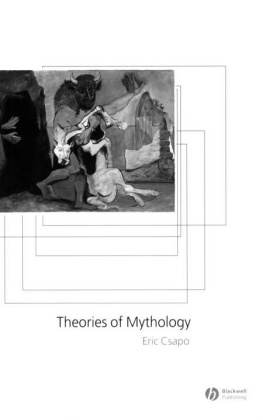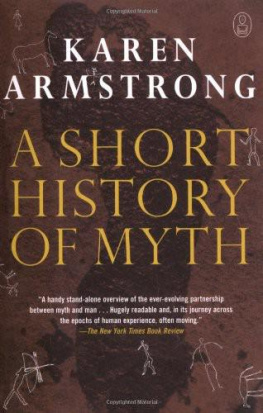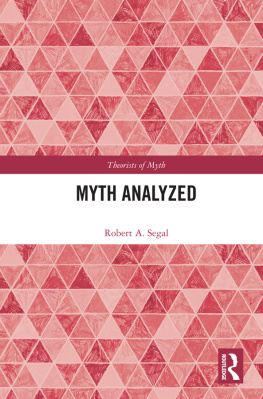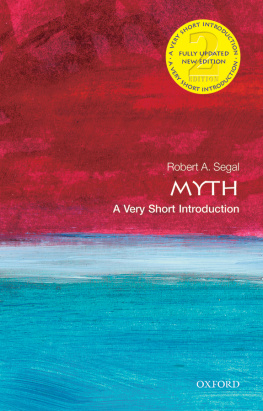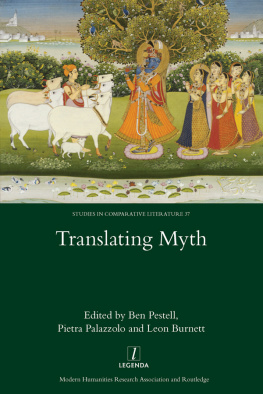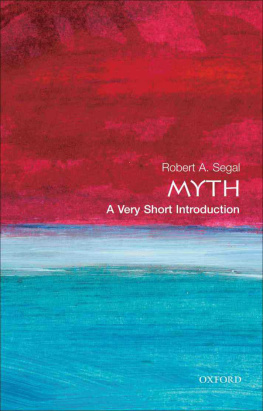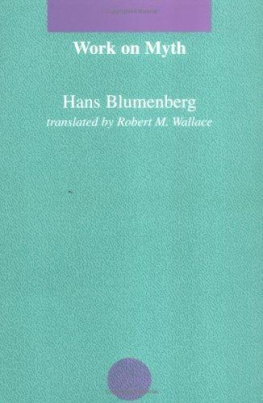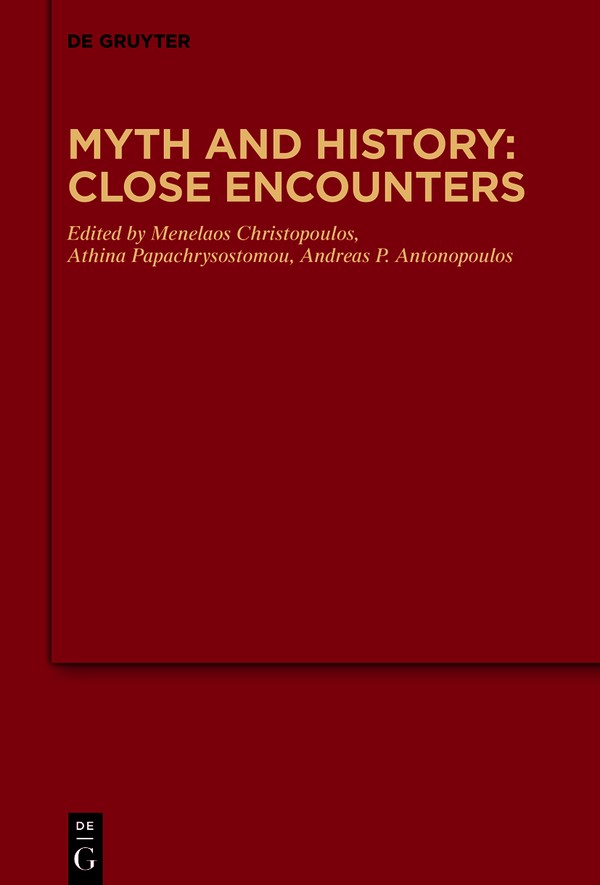Abstract
In this contribution I focus on some particular aspects of the Homeric Epigrams related to the poetical persona of Homer. By reading the Epigrams one can easily see the care taken by the author of the pseudo-Herodotean Life of Homer (in which the Epigrams are included) to give a persuasive association between the poems themselves and the particular circumstances of Homers life in which they are supposed to have been composed. As the Homeric Epigrams are falsely ascribed to Homer, what they actually do in the history of classical literature is borrow the impact of the greatest Greek poet and in exchange supply their supposed creator with the biographic historical evidence which he lacks.
This contribution advances some thoughts concerning the Homeric Epigrams, a group of short epic poems which have been falsely attributed to Homer and are supposed to depict particular moments of his life. The whole corpus of these poems is preserved in a Life of Homer, a text dated approximately between the first and the second centuries CE, at least eight centuries later than the historical period in which Homer may have lived; In this chapter I will try to focus on some particular aspects of the Epigrams which better illustrate their supposed relationship with the poetical persona of Homer, who is more often perceived as a mythical figure rather than a historical one.
It should be first recalled that the pseudo-Herodotean Life of Homer narrates the birth, the growing up, the coming of age and the many wanderings of the boy who was born in Smyrna by the river Meles and who was for that reason first named Melesigenes; later, once he was definitely blinded, he was given the name Homer (), as the inhabitants of Cuma (), where he later resided, used to call blind people. According to the Lives narrative, before being struck by blindness, Homer visited Etruria, Spain and mainly Ithaca, where he familiarized himself with the local tradition on Odysseus; when he definitely lost his eyesight, he left Smyrna, where he had already earned a great reputation as a poet, and visited Teichos, Cuma, Phocaea, Erythraea and Chios where he settled, got married and begot two daughters. He then decided to visit the mainland of Greece. He first moved to Samos, then to Ios, hoping to sail from there to the Greek mainland and in particular to Athens; but he never attained this target since he finally succumbed to the illness which was already keeping him in Ios; it is in this island where he was finally buried by the sea-side.
By reading the Epigrams one can easily see the care taken by the author of the Lives to give a persuasive relationship between the poems themselves and the particular circumstances of Homers adventures in which they are supposed to be composed. This involves also the main questions raised already in antiquity concerning Homers origin, birth and descent. On these precise questions some verses of the fourth Epigram give, perhaps, an interesting response:
.
, ,
, 5
.
, ,
, 10
.
.
, .
,
.
To what a fate did Zeus the Father give me a prey even
while he made me to grow, a babe at my mothers knee!
By the will of Zeus who holds the aegis
the people of Phricon, riders on wanton horses,
more active than raging fire in the test of war, 5
once built the towers of Aeolian Smyrna, wave-shaken neighbour to the sea,
through which glides the pleasant stream of sacred Meles;
thence arose the daughters of Zeus, glorious children,
and would fain have made famous that fair country and the city of its people.
But in their folly those men scorned the divine voice and renown of song, 10
and in trouble shall one of them remember this hereafter,
he who with scornful words to them contrived my fate.
Yet I will endure the lot which heaven gave me even at my birth,
bearing my disappointment with a patient heart.
My dear limbs yearn not to stay in the sacred streets of Cyme, 15
but rather my great heart urges me
to go unto another country, small though I am.
According to the pseudo-Herodotean Life, this fourth Epigram was composed in Cuma, where Homer, still named Melisigenes, moved to, hoping to find in this city what he had not found in his birthplace Smyrna: a place to live, to practise his art and to earn his living. And, indeed, as soon as he arrived there, his poetry immediately earned the profound admiration of its listeners. What the poet wished and what the inhabitants asked from the authorities Council, was to keep Homer there for ever at the citys expense. By offering the wandering artist a home, the city would take advantage of his increasing artistic reputation. But when the issue came to the Assembly, an influential member of the Council strongly objected by arguing that if such petitions were encouraged, the city would soon become full of useless homers ( ) and the claim was refused. The bitter reception of the news by Homer is reflected in the lines 817 and what the Epigram only implies is a very interesting story. According to this story, when the Aeolian Cuma was founded, a young man from Magnesia, Melanopos, moved there, got married and begot a daughter named Cretheis. After her parents death, Cretheis remained under the tutorship of Cleanax, a trusted friend of her father. In spite of Cleanax thoughtful surveillance, Cretheis got pregnant by a young man whose identity remained unknown; Cleanax sent her to Smyrna, in the house of Ismenias, a friend of his, and it is in Smyrna that Critheis gave birth to her baby, Melesigenes, named, as mentioned, after the river Meles where the birth took place. Cretheis then married Phemios, a teacher of letters and music, who took excellent care of Melesigenes inherent talent. After the death of Phemios and, later on of Critheis, Melesigenes, alias Homer, became himself a renowned poet and teacher. This is, briefly, the story told about Homers mother, Cretheis.
The refusal of the inhabitants of Cuma to accept Homer as the citys guest could indeed be associated with a wider issue concerning social attitude towards poets. According to M. Lefkowitz,
In the fourth Epigram the idea of the mother advanced in the first two verses leads to the idea of motherland, a frequent association which, however, becomes particularly significant in the case of Homer. In contrast to the usual epic and Homeric convention according to which a person is introduced into the narrative through the mention of his paternal descent (patronymic), the origin of Homer is traditionally defined through maternal descent (metronymic); what is more, the identity of his father in the relevant traditions is either on the other hand is one of the most unusual ones in that it suggests that Homer is the result of his mothers rape by her uncle who, afterwards, married her to Phemios. However strange this version may be, it is once more stressing the maternal descent in Homers genealogical tree.


